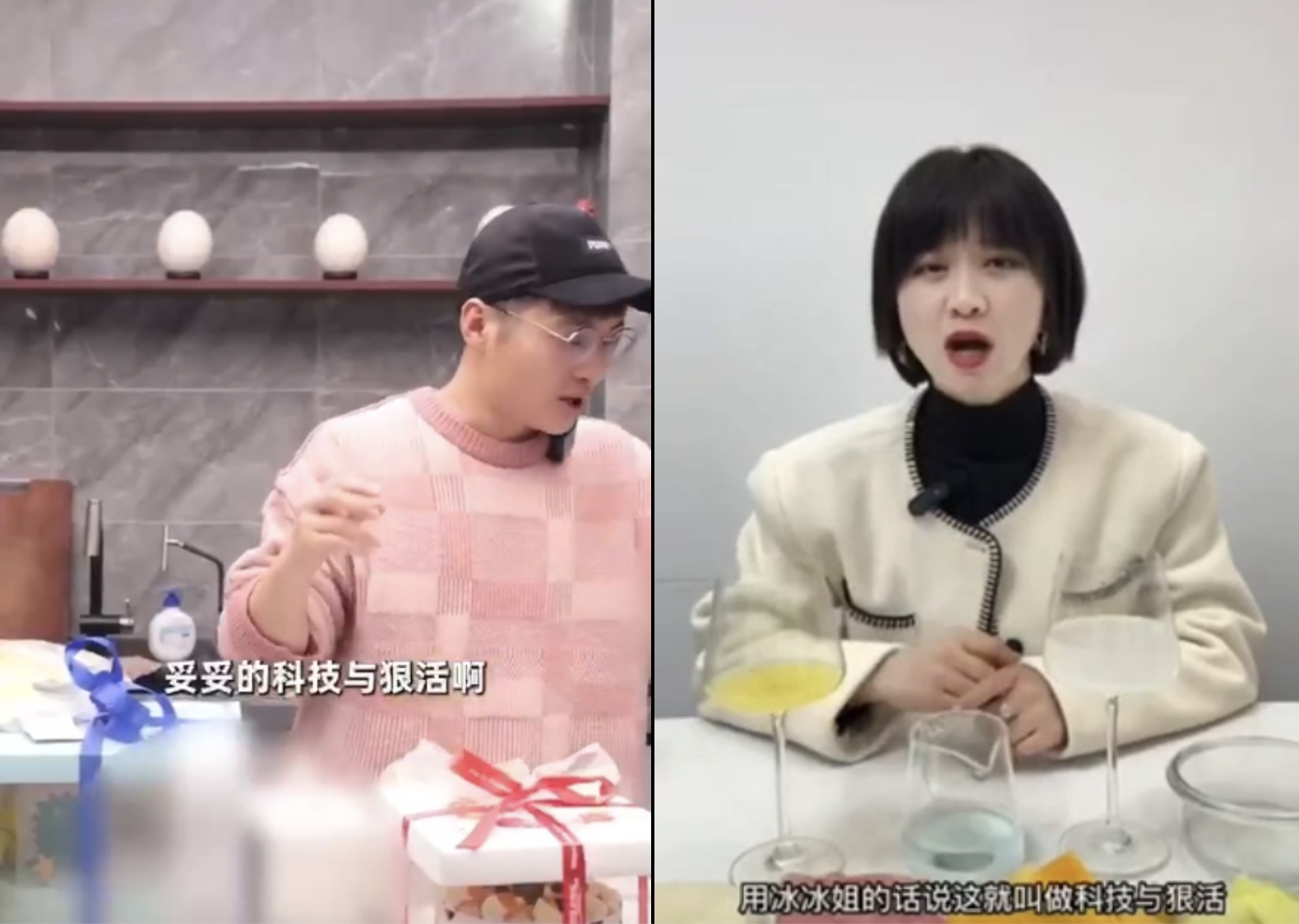Public should not be misled by Chinese food fraud videos circulated on social media
Food fraud is an important food safety issue internationally but it is especially prevalent in China, leading many consumers there to be distrustful of local food products. It has also led Chinese influencers to post video exposing how some food manufacturers in the country use additives and synthetic materials to boost profits and cut costs while lowering quality.
The Taiwan FactCheck Center (TFC) identified in February several of these videos, which have been found circulated on various social media platforms in Taiwan and prompting anxiety among the local populace.
Food fraud videos: a dime a dozen on TikTok
Videos exposing the unscrupulous food-making practices in China can be found on the short-form video hosting service Douyin (Chinese version of TikTok), ranging from adulterated juice to tainted fresh strawberries induced with ripening agents.
Describing how a lot of food and agricultural produce from China are either made or grown using additives and pesticides, these videos often include a hashtag with a Chinese phrase “科技與狠活” that can be literally translated to “food additives and dirty work.”
Image: A Duoyin video claiming to expose adulterated juice has been shared on social media platforms in Taiwan accompanied by misleading and exaggerated narratives about food additives.
This hashtag phrase came into prominence after a Chinese netizen began posting in September 2022 a slew of TikTok videos exposing the fraudulent food-making practices by Chinese manufacturers, including artificially hydrolyzed soy sauces and fake milk tea.
These videos have since gone viral, resulting in over 10 million likes while spurring widespread public concerns about food safety in China.
Lin Xin-tang, assistant professor of National Chung Hsing University’s Graduate Institute of Food Safety, told TFC that food scandals in China have often been reported in the past, from tainted quail eggs to dairy tainted with the toxic chemical melamine.
The recent TikTok videos made by Chinese influencers about food fraud show that many people are still distrustful of the food safety in their country, Lin said.
China has a large population, with many small- and medium-sized food manufacturers, he said, and as such, food scandals are bound to occur from time to time.
“But if you look carefully at these videos, some of them are not about additives, but an overemphasis on food technologies,” Lin said, advising viewers to be wary when coming across such information.
Verify the source of a video
People need to verify the source of a video, as some have been found shared on social media platforms in Taiwan, accompanied by false narratives.
Some who barely watch a video to the end might get the wrong message or be misled by these false narratives that can distort the situation in Taiwan, as exemplified by the most recent tainted strawberry story in China.
The video, which has since spread on social media platforms in Taiwan, is actually about a Chinese farmer describing his use of pesticides in growing strawberries.
Lin assured the public that such farming methods are not practiced in Taiwan.
“These videos are about China, not Taiwan. Therefore, there shouldn’t be any comparison,” he said.
About 10 years ago, food safety-related incidents involving the illegal use of additives occurred frequently in Taiwan, raising the public’s distrust of food safety in the country, he said.
Due to this, the standard of food safety regulations in Taiwan has since become stricter, with relevant law revisions introduced between 2013 and 2015, Lin said.
The changes included encouraging individuals to report company malpractices and the imposition of heftier fines to those who violate food safety standards.
But with the stricter rules, there is however no guarantee that there won’t be any unscrupulous operators, the associate professor said, advising the public always to opt to buy foods from reputable makers or brands that provide detailed labels of their sources.
People need to verify the source of a video on social media so as not to be misled by misinformation, Lin added.






